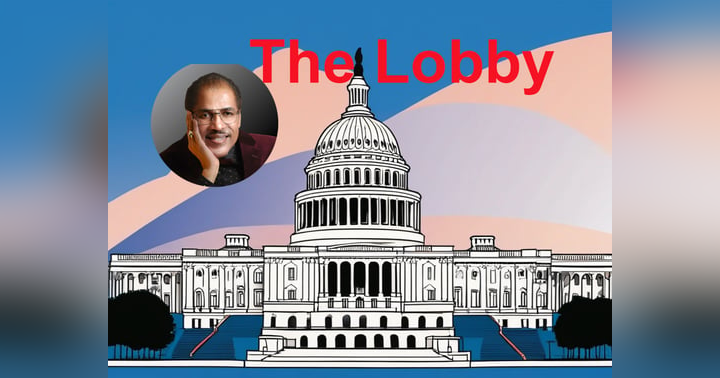Inaction and Aggression

The ongoing genocide and humanitarian crisis in Gaza is one of the most pressing issues facing the international community today. The conflict between Israel and Palestine has resulted in the loss of countless lives and has created dire living conditions for the people of Gaza. Despite the gravity of the situation, governments in the Western world have largely failed to take meaningful action to address this crisis. This lack of action can be attributed to a variety of factors, including political interests, international alliances, and a lack of will to challenge the status quo.
One major reason for the inaction of Western governments is their strong political and economic ties with Israel. Israel is a key ally for many Western countries, particularly the United States, and these alliances often take precedence over human rights concerns. Additionally, there is a fear of being seen as anti-Semitic or as taking sides in a deeply complex and contentious conflict. As a result, Western governments have been hesitant to speak out against Israeli actions in Gaza, even in the face of mounting evidence of human rights violations and war crimes.
Furthermore, the influence of international politics and power dynamics also play a role in shaping the response of Western governments to the crisis in Gaza. The United Nations Security Council, for example, has been largely ineffective in addressing the conflict due to the veto power held by permanent members such as the United States. This has led to a lack of effective international mechanisms for holding Israel accountable for its actions in Gaza.
The consequences of this inaction are devastating for the people of Gaza. The ongoing violence and humanitarian crisis have led to widespread suffering, with limited access to basic necessities such as food, water, and healthcare. The lack of international intervention has emboldened Israel to continue its aggressive policies in Gaza, leading to further escalation of the conflict and loss of life.
In order to address these urgent issues, Western governments must prioritize human rights and global security over political considerations. They must hold Israel accountable for its actions in Gaza and work towards a peaceful resolution to the conflict. This may involve imposing sanctions, ending military aid, and supporting international efforts to bring about a just and lasting peace in the region.
Additionally, raising awareness about the situation in Gaza and advocating for accountability in global governance is key to creating the political pressure needed to spur action. Civil society, grassroots movements, and concerned citizens must continue to speak out against the injustice in Gaza and demand meaningful change from their governments.
In conclusion, the ongoing genocide and humanitarian crisis in Gaza require a concerted and immediate response from Western governments. By addressing the political interests, international dynamics, and consequences of inaction, we can work towards a more just and peaceful world for all. It is imperative that we stand in solidarity with the people of Gaza and take action to bring an end to their suffering.



